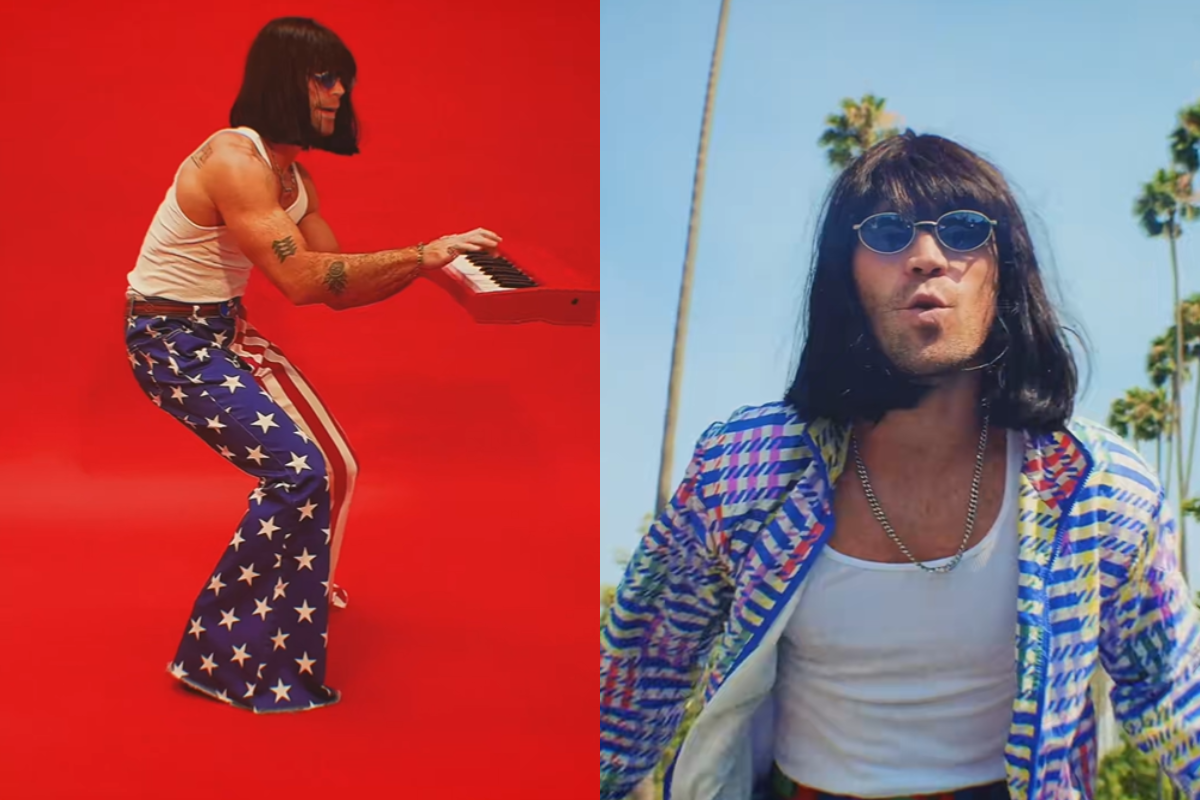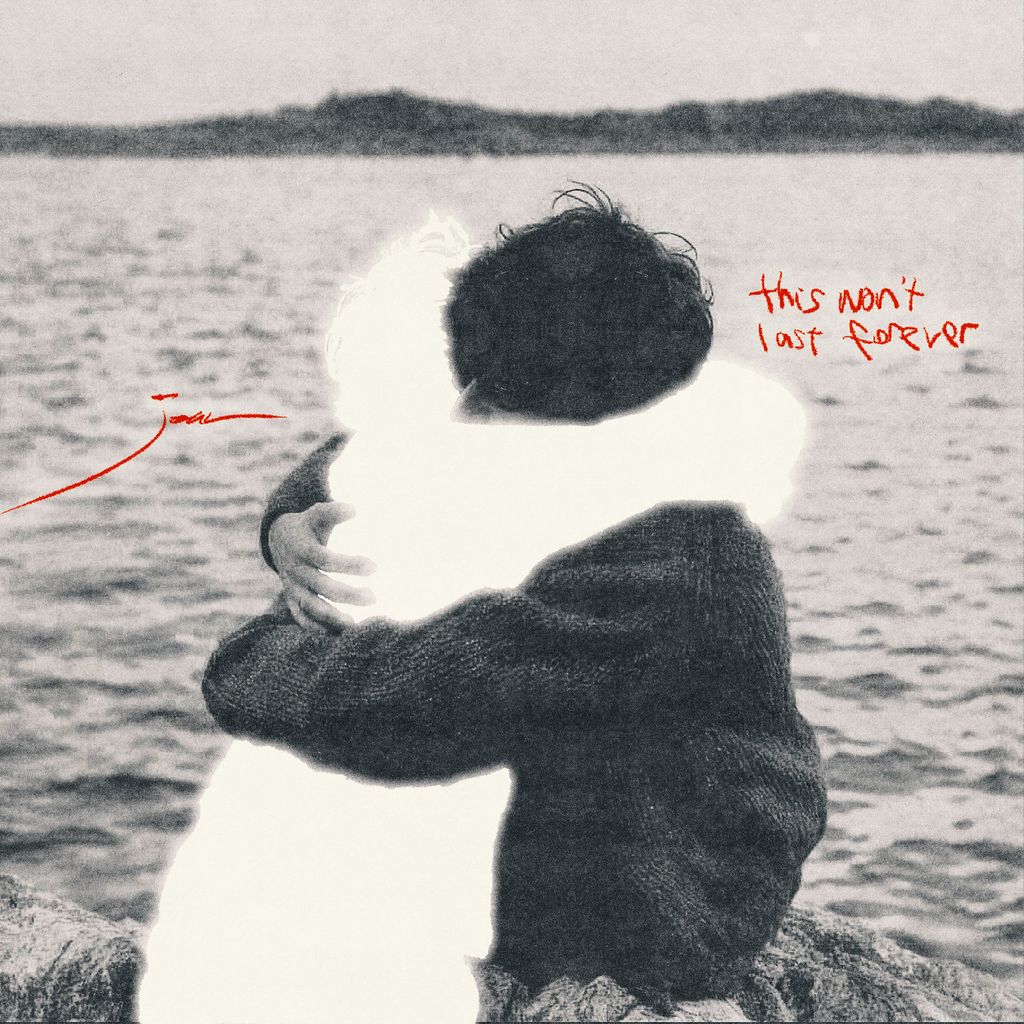
via SHEIN
Popular fast-fashion retailer Shein came under fire this week for selling a swastika necklace on their website.
A Chinese company, Shein has become well-known for their inexpensive clothing and accessories, often featured in so-called “haul” videos on YouTube. Shein has since removed the necklace from their site and issued an apology. But screenshots of the faux-gold necklace—listed for between $2.50 and $4.00 as “Metal Swastika Pendant Necklace”— quickly spread on social media, with users expressing their disgust at the apparent insensitivity to what that symbol represents.
Earlier this month Shein was called out for cultural insensitivity after listing Muslim prayer rugs—some featuring an image of the sacred Kaaba in Mecca—as “Fringe Trim Carpets” for decorative use and for selling traditional Southeast Asian dresses modeled by white women and renamed to remove cultural signifiers.
The prayer rugs and the dress were promptly removed from Shein’s website, and the company issued promises to be more culturally sensitive in the future with the aid of a multicultural committee designated to review their products. But the discovery of the swastika necklace has cast doubt on the sincerity of that pledge for many would-be customers who see this as the most egregious case yet.
Now many are calling for a total boycott of Shein for selling such an snti-Semitic symbol of hate as a cute accessory. But a question remains: Is the swastika fundamentally a symbol of hate?
The answer may seem to be obvious. In Europe and much of the colonized world, the swastika is seen purely as the symbol representing the German Nazi Party of Adolf Hitler—and with good cause.
Hitler’s regime replaced the German flag with the Nazi party’s swastika flag before tearing Europe apart and terrorizing millions under that banner. It came to stand for all the violence and hatred of that era in European history, and the symbol of the swastika remains banned in Germany to this day.
Tens of millions of people died as a result of the Nazi invasions and systematic murder of marginalized groups, including nearly two thirds of European Jews. The Nazi swastika— clockwise and diagonal—continues to be used by fascist white supremacist hate groups even now.
It’s hard to imagine how a symbol defined by such massive and horrific historical events could ever be divorced from that history of hate…except in the parts of the world where it never had that association—where it has another set of meanings entirely.
The Religious History of the Swastika
Hitler didn’t invade Asia, but he did steal an ancient Hindu/Buddhist symbol for his flag. For at least 11,000 years before Adolf Hitler terrorized Europe in the 1930s and 40s, the swastika had been used as a spiritual symbol associated with luck, prosperity, peace, and the cyclic nature of the universe.
Religious uses of the symbol can be jarring for tourists who associate the Swastika with hate—which is why Japan recently made plans to replace the Swastika as a symbol of a temple on its maps. But it would be a shame if we allowed the Nazi’s theft of the symbol to erase its long history.
Most often appearing in counterclockwise form without the diagonal tilt of the Nazi’s version, swastikas can be found on countless Buddhist and Hindu temples and statuary throughout Asia, often used in reference to the wheel of Samsara—the concept of cyclic reincarnation.
Despite the official state atheism of the ruling Communist Party, Buddhism remains a huge part of Chinese culture, and the meaning of the swastika there was not destroyed by a hateful dictator thousands of miles away—they had their own war to fight at the time. In China and much of Asia, the cultural significance of Hitler and the Nazi Party is about as well understood as Japan’s role in WWII is understood by most Americans (i.e. not well at all).
From this perspective, even the disturbing trend of Nazi themed bars and restaurants in that region of the world makes a bit more sense—though it’s still shocking and upsetting. In those countries a much more offensive symbol would likely be the Rising Sun Flag that the Japanese military flew while expanding their empire through brutal violence. And that is a symbol you can absolutely buy on t-shirts in America—gross.
We should all strive to be more culturally aware and sensitive, which definitely means that Shein should not be selling swastikas to European or American customers—who live in the cultural context in which the symbol is inexcusably offensive (and where Nazis will absolutely try to use a phony Buddhism defense). But it also means that we probably shouldn’t boycott a Chinese fast-fashion company for producing a pendant that they reasonably think of as a spiritual symbol of peace and luck… We should boycott them for being a fast-fashion company.
The Evils of Fast Fashion
While they may not be fascists, Shein’s business model is fundamentally dehumanizing and destructive. Shein has denied claims that they use child labor, but even in the best case scenario the only way to make a profit off of selling clothing, accessories, and prayer rugs as cheaply as they do is by exploiting underpaid, overworked labor and pumping out massively wasteful quantities of disposable goods, usually made from cheap synthetic materials that shed environmentally devastating microfiber plastics.
This is the business model not only of Shein but of companies like H&M, Forever 21, Zara, and Uniqlo. They pay garment workers a fraction of what could be considered a decent wage for working 12, 14, or 16 hour days, mass-producing low-quality goods that are likely to be thrown out after they’re worn a few times—assuming they’re sold at all.
These businesses lure us in with affordable clothing, but they are unsustainable and inhumane, and we should absolutely stop buying from them, regardless of whether they manage to figure out cultural sensitivity in their marketing. Shein is among the worst offenders, but if you’re going to join the boycott, consider taking your business away from their competitors as well.
If you can afford to support clothing brands like Pact and Patagonia that strive for ethical, sustainable business practices, great. If not, then even limiting your purchases from fast-fashion brands to what you actually need—rather than grabbing a few extra items because they’re cheap—is a good start.
And the next time you see a swastika…you should still probably be offended and pissed off. These damn Nazis keep trying to make a comeback…













